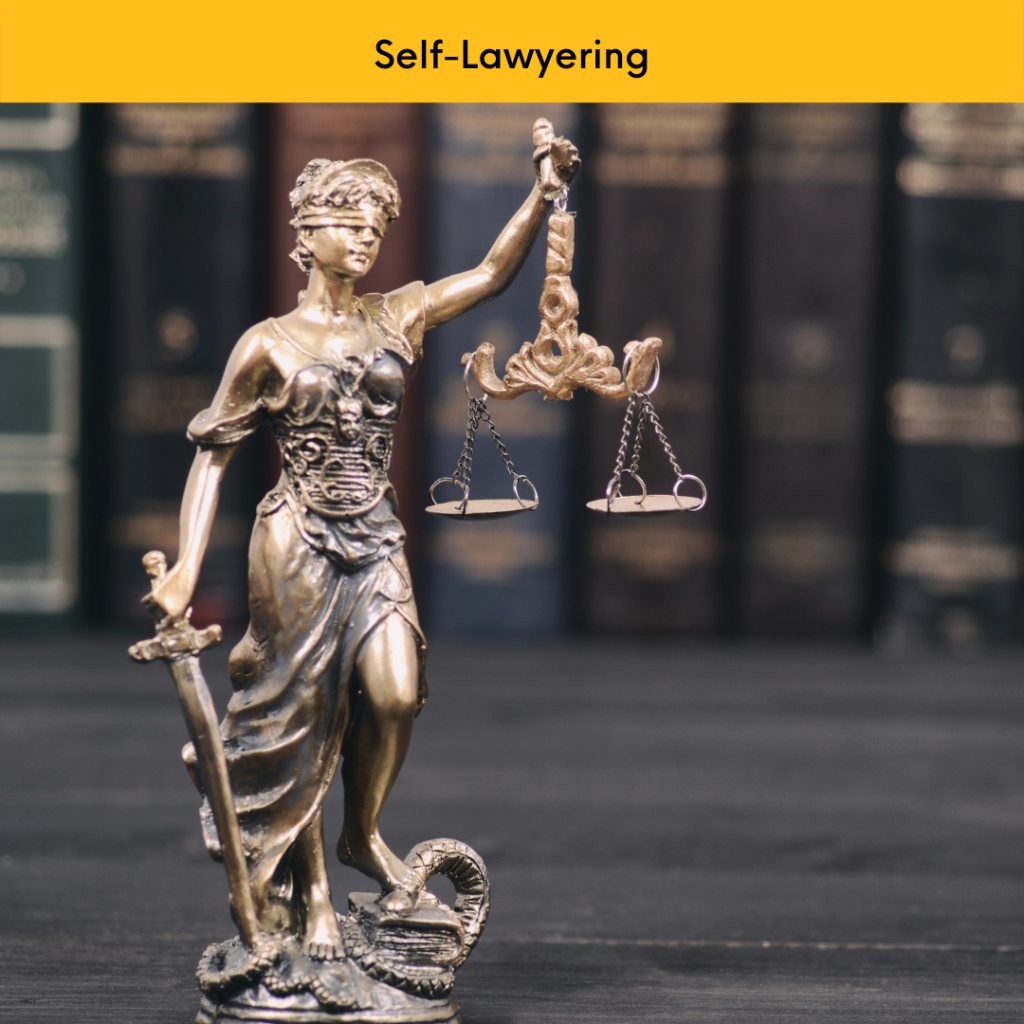
Published 12 March 2021, The Daily Tribune
In our country, a person who has not been admitted as an attorney cannot practice law. Practice of law means any activity, in or out of court, which requires the application of law, legal procedures, knowledge, training and experience.
Because of such level of knowledge and skill needed to give effective legal service, there is a reason why a lawyer, prior to obtaining license to practice law, undergoes rigorous study, i.e. a minimum of eight years, including four years in undergraduate course and four years in law school. S/he must pass the Philippine bar exam, touted as among the hardest bar examinations in the whole world. It does not stop there – even after admission into the bar, every lawyer must continue studying legal updates through the Mandatory Continuing Legal Education requirement.
The statement of Justice Joseph Story of the US Supreme Court comes to mind: “The Law is a jealous mistress and requires a long and constant courtship. It is not to be won by trifling favors, but by a lavish homage.”
Hence, the policy that limits legal practice to lawyers actually serves to encourage persons who are unsure of their legal rights to seek advice from those qualified to advise them on the same.
Just like substandard materials for a construction project or counterfeit medicine in treating an illness, sometimes cheaper alternatives prove to be costlier. Given the nuances of the law requiring formal legal study and expertise, it is not difficult to see how self-lawyering or do-it-yourself lawyering – especially for important legal matters – presents significant risks. Without an in-depth understanding of the legal issues involved as applied to the facts of the case or legal matter, even the most intensive search of legal articles in the web or discussions in social media groups cannot replace sound legal advice provided within the context of confidential lawyer-client relationship.
To clarify, this is not to confuse self-lawyering with self-representation which is another matter. As observed in Santos vs. Judge Lacurom (A.M. No. RTJ-04-1823, August 28, 2006), the Rules of Court recognizes the right of an individual to represent himself in any case in which he is a party. This is found in Section 34, Rule 138 of the Rules which states that a party may conduct his litigation personally or by aid of an attorney, and that his appearance must be either personal or by a duly authorized member of the Bar. The court observed that the individual litigant may personally do everything in the progress of the action from commencement to the termination of the litigation. Such representation is not considered to be a practice of law as “one does not practice law by acting for himself, any more than he practices medicine by rendering first aid to himself.”
Nevertheless, the court clarified that a party must choose between self-representation or being represented by a member of the bar. During the course of the proceedings, a party should not be allowed to shift from one form of representation to another.
Self-lawyering, it seems, is a party’s choice and the risk is upon him or her in selecting this option. The risks include losing legal rights and remedies otherwise available. Especially when there is a possibility of jailtime or a deprivation of any right is involved, engaging the services of a lawyer may not be cheap, but self-lawyering may prove to be costlier.
That does not mean one has to jump into hiring legal counsel at once. One may first consider the available legal options out of there, request for legal referrals from contacts, and discuss your legal situation as well as ability to pay with your prospective legal counsel to arrive at a mutually acceptable arrangement for legal fees.
For comments and questions, please send an email to cabdo@divinalaw.com.

